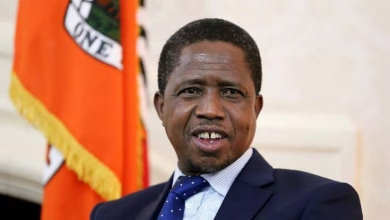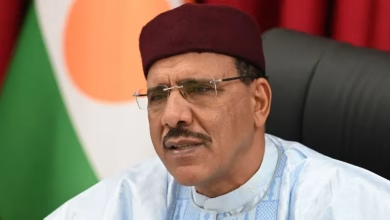26 Year Ethiopian Woman Claims to Have Gone 16 Years Without Food or Water

Muluwork Ambaw, a 26-year-old Ethiopian woman, has made a remarkable claim that has garnered international attention: she has not consumed any food or water for the past 16 years. This extraordinary assertion has sparked both fascination and skepticism within the medical community and beyond.
According to Ambaw, her journey began at the age of 10, when her appetite suddenly vanished overnight. Despite her lack of sustenance, she claims to lead a normal life, displaying good health and abundant energy to fulfill her daily responsibilities, including cooking and running errands.
While Ambaw’s claims have garnered widespread interest, medical confirmation has remained elusive. Despite undergoing numerous tests, including examinations at a hospital in Addis Ababa, no definitive evidence has been found to support or refute her assertions. Notably, doctors did confirm the absence of any food in her intestines during one examination.
Ambaw’s case gained renewed attention when travel vlogger Drew Binsky visited her and documented their encounter, drawing further scrutiny to her extraordinary claims. This is not the first time she has been in the spotlight; rumors of her ability to survive without sustenance began circulating in 2016, prompting extensive media coverage.
In her own words, Ambaw recalls the last time she consumed food – a traditional Ethiopian dish of red lentil stew with injera. She initially concealed her lack of appetite from her family but eventually revealed the truth. Remarkably, she maintains that she hasn’t needed to use the bathroom for bodily functions in the past 16 years, except during bathing.
In 2021, news surfaced that the Ethiopian Prime Minister had arranged for Ambaw to undergo testing by doctors in Dubai. While she claims the doctors found nothing wrong with her, details regarding any ongoing observation remain unclear.
When asked about her extraordinary circumstance, Ambaw attributes it to divine intervention, stating, “I have nothing to say. It’s God’s work, and I just accept that.”
Ambaw’s claim challenges established beliefs about human physiology, as Guinness World Records states the longest recorded period without food and water is 18 days. However, Ambaw asserts she has surpassed this mark, living without both sustenance and liquids for over 16 years.
Ambaw’s story serves as a perplexing anomaly, prompting further inquiry into the limits of human survival.






